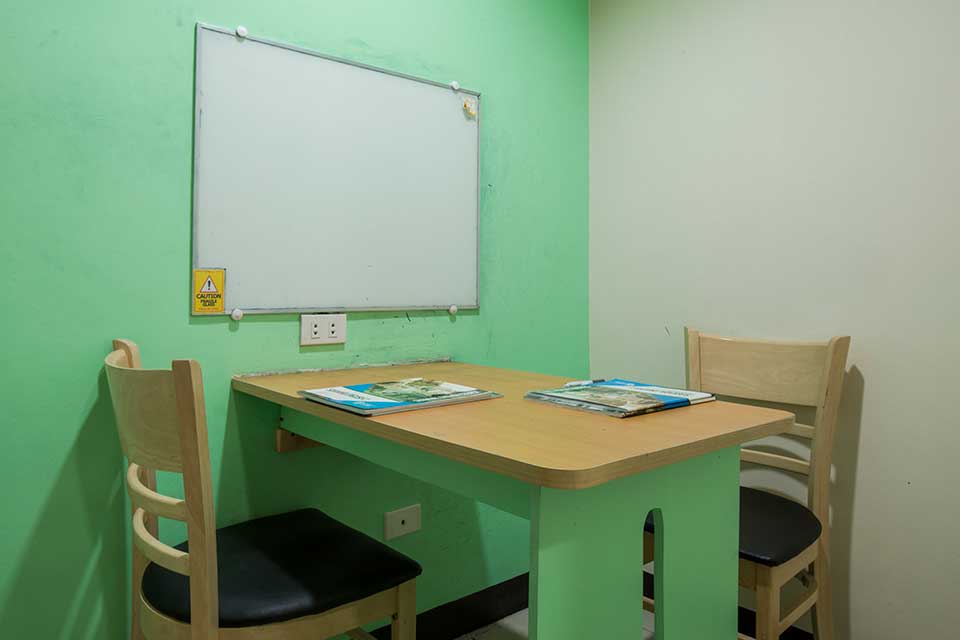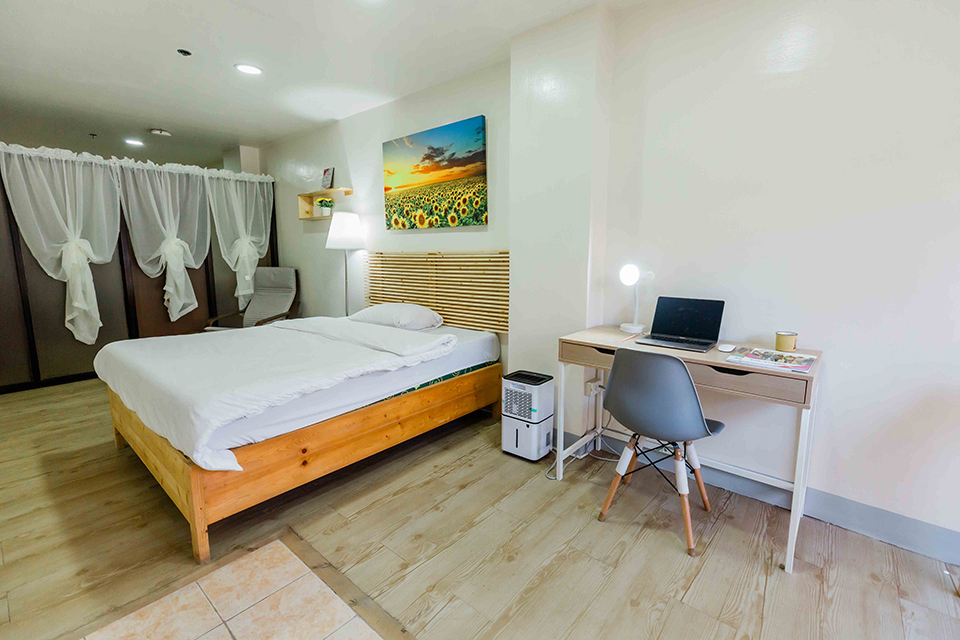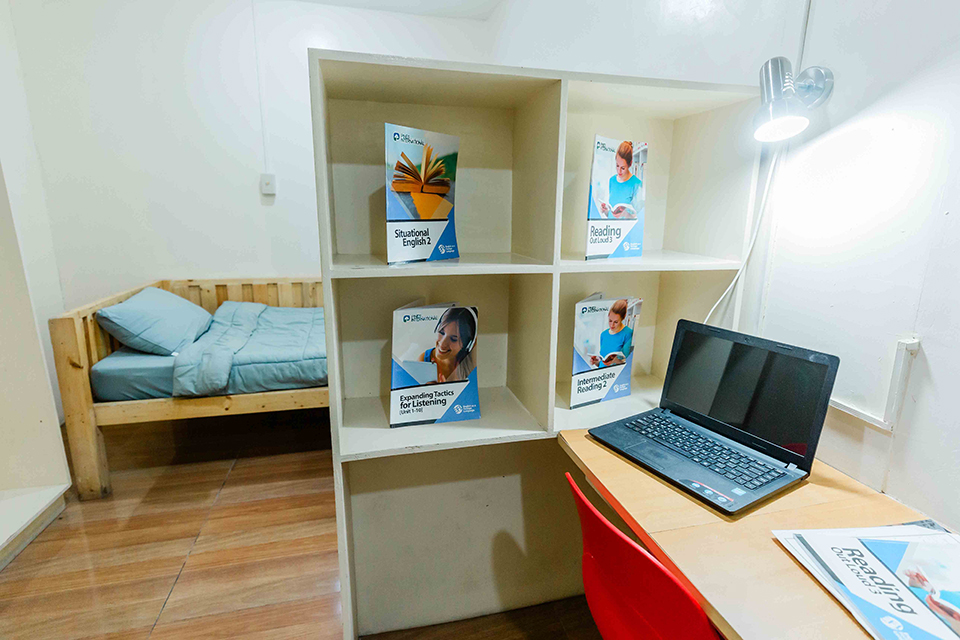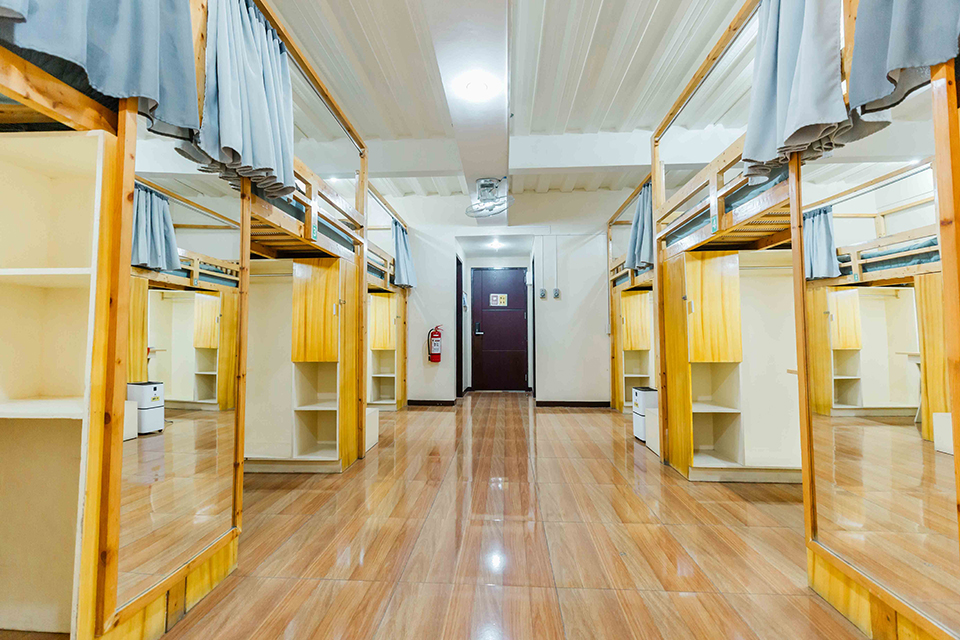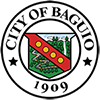
Pines Academy's San Juan Tour: A Perfect Blend of Surf, Sun, and Filipino Delights
At Pines Academy, we believe in offering our students more than just language lessons – we provide transformative experiences that help them connect with the world. Our recent San Juan tour was the perfect example of this philosophy. This unforgettable trip combined the thrill of surfing, the relaxation of sunbathing on beautiful beaches, and the joy of enjoying authentic Filipino dishes, all while practicing English in a fun, real-world setting. Pricing: Choose Your Package We offered two fantastic packages for the trip: Package A - ₱1,700 Includes a comfortable van ride and lunch (with a refreshing drink). Package B - ₱2,300 Includes everything in Package A, plus a 1-hour surfing lesson. This is the perfect option for students eager to try their hand at surfing in one of the Philippines' top surf spots. Places Visited Our tour included a visit to the renowned San Juan Surf Resort, known for its laid-back atmosphere and excellent surf conditions. Here's a recap of the exciting places we visited and the activities we enjoyed: Departure to San Juan (10:00 AM) We began the day with a scenic drive from Baguio to San Juan, setting the tone for a day of adventure. Lunch at San Juan Surf Resort (12:30 PM) Upon arriving at the resort, our students enjoyed a hearty lunch featuring grilled fish, squid, chicken, pork, and steamed rice. The meal was a perfect introduction to the fresh, flavorful Filipino cuisine that we continued to explore throughout the trip.To refresh, we also visited Seabuds Cafe within the resort, where students had the chance to practice English while enjoying freshly brewed coffee, revitalizing fruit shakes, and delicious healthy fruit drinks. It’s the perfect spot to relax and chat in a beautiful beachside setting. Free Time at the Beach (1:30 PM - 7:00 PM)After lunch, students were given free time to explore the beach, try surfing, or simply unwind. The calm, consistent waves made it ideal for both beginners and seasoned surfers. The beach’s laid-back vibe also encouraged students to socialize and use English in casual, natural conversations. Dinner at Kabsat Restaurant (5:00 PM)To end the day on a high note, we headed to Kabsat Restaurant, known for its lively atmosphere and delicious Filipino food. Students enjoyed classic dishes like pansit (noodles) and succulent shrimp, all while enjoying stunning views of the beach from the restaurant’s bar. The vibrant setting, combined with great food and drinks, made for a perfect end to the evening. Departure to Pines Academy (7:00 PM) After a day full of activities, we headed back to Pines Academy, reflecting on the day’s adventures. Arrival in Baguio (9:00 PM) We arrived back in Baguio around 9:00 PM, filled with wonderful memories and strengthened connections between students, teachers, and the English language. Why San Juan? San Juan isn’t just about surfing—it’s an immersive experience where students can relax, connect with others, and practice their English in real-world scenarios. From the exhilarating waves to the vibrant Filipino cuisine, every moment was designed to bring our students closer to both the local culture and the language. At Pines Academy, we understand that the best learning happens when students can immerse themselves in a variety of experiences. This trip exemplifies our commitment to providing a holistic English education that goes beyond the classroom, blending language learning with cultural exploration and personal growth. Looking for weekend travel activities? If you’re interested in planning more weekend getaways or would like information on other local attractions, feel free to directly approach the managers at the front desk. They’ll be more than happy to assist with travel details and suggestions. Join us at Pines Academy, where we create unforgettable learning experiences, both inside and outside the classroom!









